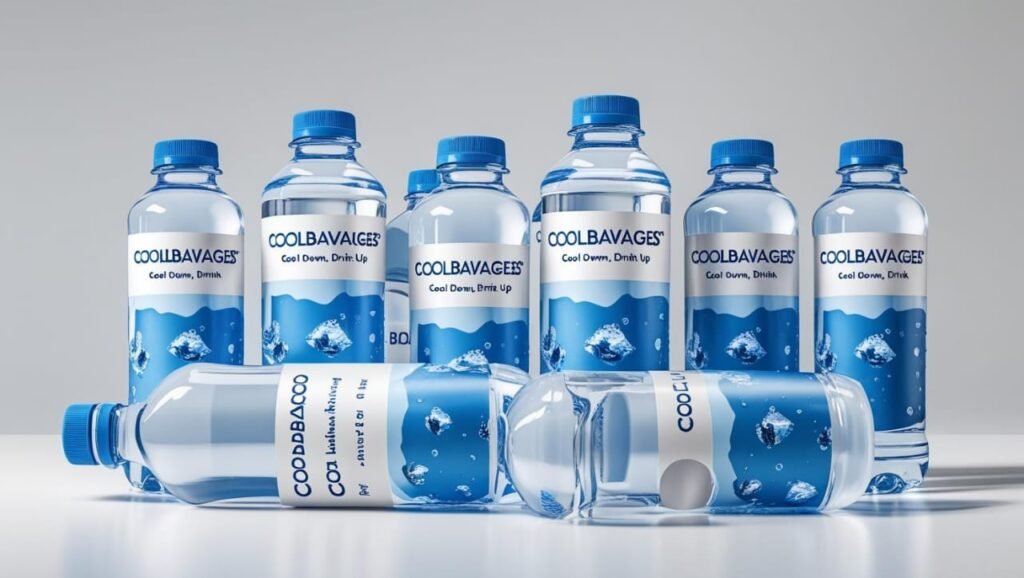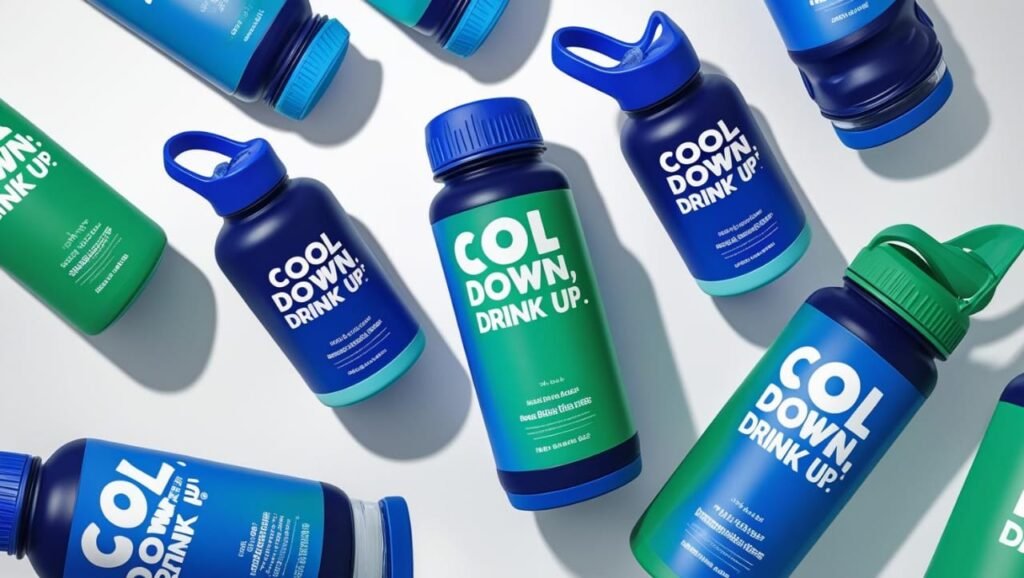Welcome to cool beverages

Introduction to Beverages
Beverages are an essential component of daily life, serving not only as sources of hydration but also as means of enjoyment and social connection. Across cultures and regions, beverages vary widely, encompassing both non-alcoholic and alcoholic options. This article will explore some popular categories of beverages and their unique flavors.
Types of Non-Alcoholic Beverages
Non-alcoholic beverages, including water, juices, sodas, and teas, play a vital role in our diet. Water, often considered the quintessential beverage, is crucial for maintaining hydration. Fruit juices, such as orange and apple, provide natural sweetness and essential vitamins. Additionally, sodas offer a bubbly experience with a variety of flavors, while teas dominate as a soothing choice with myriad options like green, black, and herbal blends.
The Appeal of Alcoholic Beverages
Alcoholic beverages, such as beer, wine, and spirits, have long been integral to social gatherings and celebrations. Beer, with its diverse range of craft brews, appeals to many, ranging from lagers to IPAs. Wine, made from fermented grapes, boasts a complexity of flavors influenced by the type of grape and region of production. Spirits, including vodka, whiskey, and rum, are often enjoyed neat or in cocktails, each offering a distinctive taste experience. Understanding these categories enhances one’s appreciation for the rich tapestry of beverages available globally.

Introduction to Beverages: Definition and Importance
Beverages are defined as any liquid, other than water, that can be consumed. They encompass a wide range of drinks, typically categorized into two major groups: alcoholic and non-alcoholic. Non-alcoholic beverages include water, juices, soft drinks, and herbal teas, while alcoholic beverages range from beer, wine, and spirits to cocktails, each with unique flavors and cultural significance. Throughout history, beverages have played a crucial role in human societies, serving not only as sources of hydration but also as important elements of rituals and celebrations.
The significance of beverages can be traced back to ancient times, where they were often used in religious ceremonies or social gatherings. For instance, wine has been intertwined with religious practices in cultures across the globe, from ancient Greece to modern Christianity. Similarly, the brewing of beer has roots in many civilizations, showcasing its importance in social bonding and community gatherings. In addition, beverages often reflect the agricultural practices and available resources of a region, with local specialties showcasing the diversity of natural ingredients found in various locations.
In contemporary life, beverages maintain their importance across various contexts. They play a vital role in nutrition, providing essential vitamins, minerals, and hydration needed for overall well-being. Special beverages like smoothies and protein shakes are increasingly embraced for their health benefits, while traditional drinks hold cultural significance during holidays and notable life events. Whether shared at casual gatherings or enjoyed during formal celebrations, beverages contribute to the social fabric of communities, enhancing enjoyment and facilitating connections among individuals. This exploration of beverages invites readers to dive deeper into the fascinating world of human consumption, cultural traditions, and daily practices surrounding these cherished liquids.
Types of Beverages: A Dive into Categories
Beverages can be broadly categorized into several main types, each with unique characteristics, preparation methods, and cultural significance. Understanding these categories helps consumers navigate the diverse world of drinks available today. The primary types of beverages include water, soft drinks, juices, dairy-based drinks, teas, coffees, and alcoholic beverages.
Water, often regarded as the most essential beverage, is crucial for human survival. It can be consumed in various forms, including tap, spring, or mineral water. Some cultures associate specific rituals with drinking water, emphasizing purity and clarity.
Next are soft drinks, which encompass flavored carbonated beverages, including cola, lemon-lime, and root beer. These drinks often contain high levels of sugar and are popular choices for social gatherings. Recent trends have led to an increase in demand for healthier soft drink alternatives, such as those sweetened with natural ingredients or featuring low-calorie options.
Juices, derived from fruits or vegetables, provide refreshing alternatives and are often associated with health benefits. Common examples include orange juice and apple juice. Freshly squeezed versions are growing in popularity as consumers opt for less processed options, aligning with health-conscious trends.
Dairy-based drinks, such as milk and yogurt smoothies, are rich sources of calcium and protein. They are essential in many cultures’ diets and are enjoying a resurgence due to the growth in plant-based alternatives and nutritional awareness.
Teas and coffees, both revered for their stimulating properties, offer a variety of flavors and preparation methods. Various teas, like green and herbal, come from different plant leaves and have cultural significance in regions worldwide. Similarly, coffee culture flourishes globally, with espresso-based drinks becoming increasingly popular in urban settings.
Finally, alcoholic beverages, which include wine, beer, and spirits, have a long history intertwined with human culture and festivities. The craft beverage movement has enhanced this sector, emphasizing artisanal production methods and local ingredients, appealing to discerning palates.
In examining these types of beverages, it is clear that the evolution of consumer preferences, particularly towards health-focused and craft options, continues to shape the beverage landscape significantly.
Health Benefits and Nutritional Aspects of Beverages
Beverages play a significant role in our daily nutrition and hydration. Understanding the health benefits and nutritional aspects of various drinks can empower individuals to make informed choices that enhance their wellness. Many beverages contain essential vitamins, minerals, and antioxidants that contribute to overall health. For example, fruit juices, such as orange juice, are rich in vitamin C, supporting the immune system, while drinks like green tea are abundant in antioxidants that can help combat oxidative stress and reduce inflammation.
Hydration is a crucial aspect when selecting beverages, as proper fluid intake aids in maintaining metabolic functions and regulating body temperature. Water remains the best choice for hydration; it has zero calories and plays an essential role in digestion, circulation, and nutrient absorption. Conversely, beverages high in sugar, such as sodas and many commercial fruit drinks, can lead to excessive caloric intake, potentially resulting in weight gain and other health issues. It is prudent to limit these options and consider alternatives like unsweetened herbal teas or infused water for a flavorful yet healthy option.
Moreover, the consumption of alcoholic beverages warrants particular attention due to the potential health risks associated with excessive intake. While moderate consumption of certain types of alcohol, such as red wine, has been linked to some cardiovascular benefits due to its polyphenol content, overindulgence can lead to serious health complications, including liver disease and addiction. Therefore, mindful consumption is essential.
When choosing beverages, individuals should prioritize options that deliver nutritional benefits without added sugars and excessive calories. Incorporating naturally flavored drinks, such as infused water or herbal teas, and opting for whole fruit over juices can significantly improve dietary quality. It is vital to assess beverage choices not only based on taste but also considering their long-term effects on health and well-being.
The Future of Beverages: Trends and Innovations
The beverage industry is witnessing significant shifts as consumer preferences evolve, alongside innovations that redefine the market landscape. One of the most noteworthy trends is the rise of plant-based drinks. These beverages, which include anything from almond milk to oat-based lattes, cater to a growing demographic seeking alternatives to traditional dairy. As more individuals adopt vegan or lactose-free lifestyles, companies are responding by expanding their product lines to include a variety of plant-based options. This trend not only meets consumer demand but also has implications for sustainability, as many consumers view plant-based products as more environmentally friendly.
In addition to the growth of plant-based options, the emergence of functional beverages is reshaping consumer expectations. These drinks are fortified with vitamins, minerals, and probiotics to deliver health benefits beyond basic hydration. Examples include beverages that promote digestive health, boost immunity, or enhance energy levels. As awareness of health and wellness continues to rise, especially post-pandemic, the demand for functional beverages is expected to increase, with manufacturers innovating to create new formulas that cater to specific health needs.
Sustainability is another major trend influencing the beverage sector. Consumers are increasingly concerned about the environmental impact of packaging and production methods. As a result, many companies are exploring sustainable packaging solutions, such as biodegradable materials and recyclable designs. Innovations in technology are also playing a critical role in production processes, making them more efficient and less wasteful. As the beverage market adapts to these changing dynamics, it is likely that brands making concerted efforts to prioritize sustainability will resonate more with environmentally conscious consumers.
Finally, global events such as the pandemic have dramatically altered beverage consumption patterns, leading to an increased focus on home consumption and online purchasing. This shift is expected to persist, prompting beverage companies to enhance their e-commerce strategies. As these trends and innovations unfold, the future of beverages promises to be dynamic and responsive to the needs of consumers in an ever-evolving marketplace.
